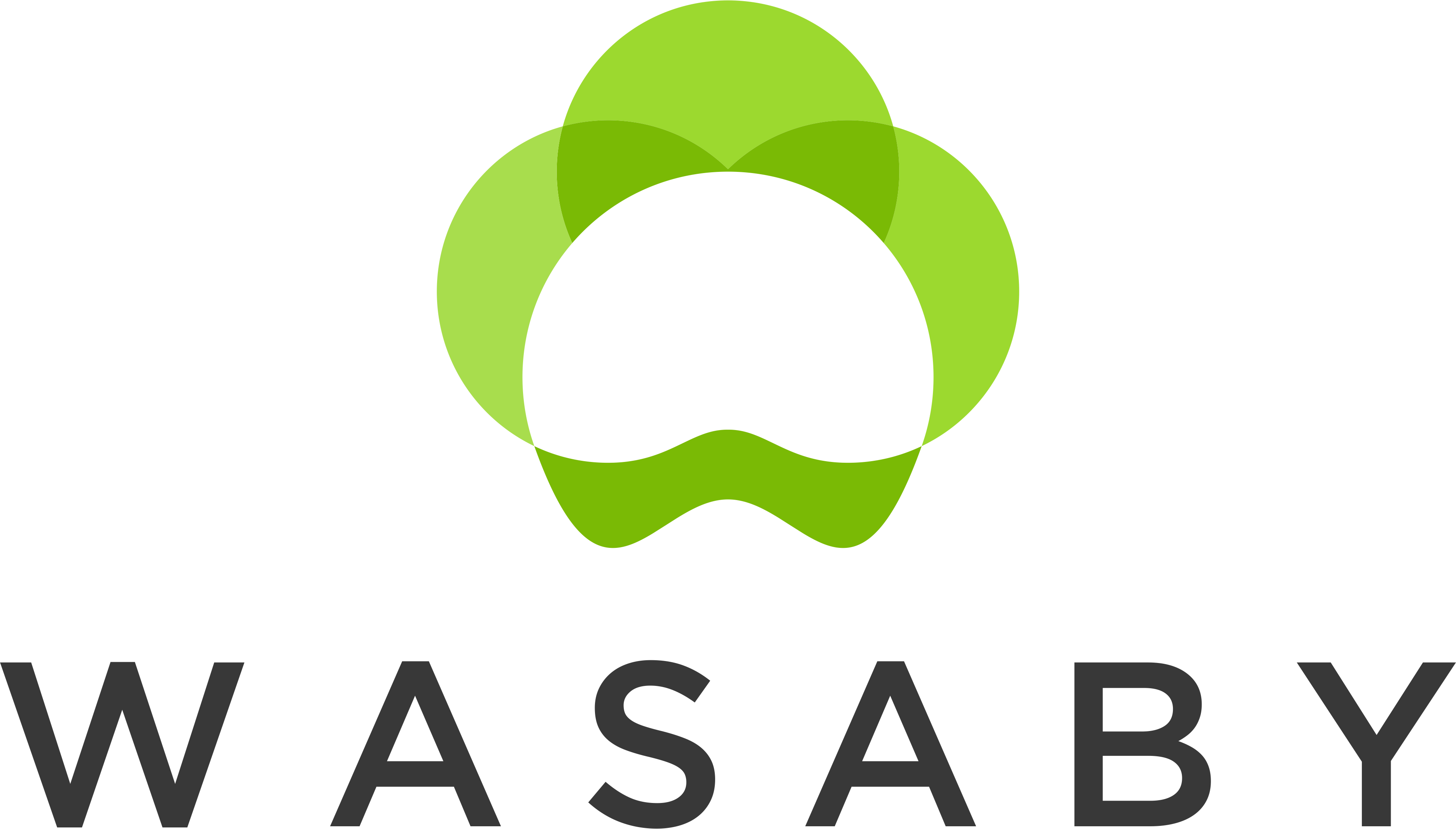Population-Based Cancer Registries
In this project, Population-Based Cancer Registries (CRs) have the opportunity to investigate a topic of high relevance in public health: the study of cancer risk using geographical analysis at the European level. Key activities focus on:
- analyzing CRs data
- defining a replicable model of spatial analysis to be used by CR
- correlating CRs data with environmental data
For the above, CRs are both data providers and target of results. Registries are going to interact in ad hoc taskforces created for the definition and standardization of methods: also thanks to the already existing ENCR (European Network of Cancer Registries) platform, the cooperation and exchange among the interested CRs in the proposed activities is expected to result in improved knowledge
Public health managers (PHM)
Population-based CR data constitutes a key element available to PHM for the improvement of the European citizens’ health. National and regional health policy makers receive a tool enabling them to target breast cancer preventive actions at best which have the potential to translated to any cancer site. The action dissemination strategy foresees a stable connection with health policy makers through the active involvement of the Association of European Cancer Leagues (ECL), who provide the secretariat for the Members of the European Parliament (MEPs) Against Cancer interest group of the European parliament (MAC). ECL collaborates with its member leagues at the national level across Europe, often in connection with National and regional governments. The project also accounts for the ENCR-JRC as stakeholder in the project, ensuring a close connection between cancer registries and the European Commission
Adolescents and young women
School age females (aged 12-19) from within the countries under study are reached through dedicated dissemination of the course material to schools via the existing health education programmes managed by national and regional cancer leagues from within the membership network of ECL. The integration of the breast cancer awareness courses with the routine work of cancer leagues can help support the longer-term sustainability of the project’s outputs. As the course shall be available in English, along with the national languages of the target countries, young women outside of the target countries can also be a target for wider dissemination of the online course.
To address possible sources of inequality amongst the target group, the course material shall be fully translated and made available in the national language of the target country. This requires the specific engagement of the national or regional cancer league of the target countries, who can be reached and activated through the membership network of ECL.
